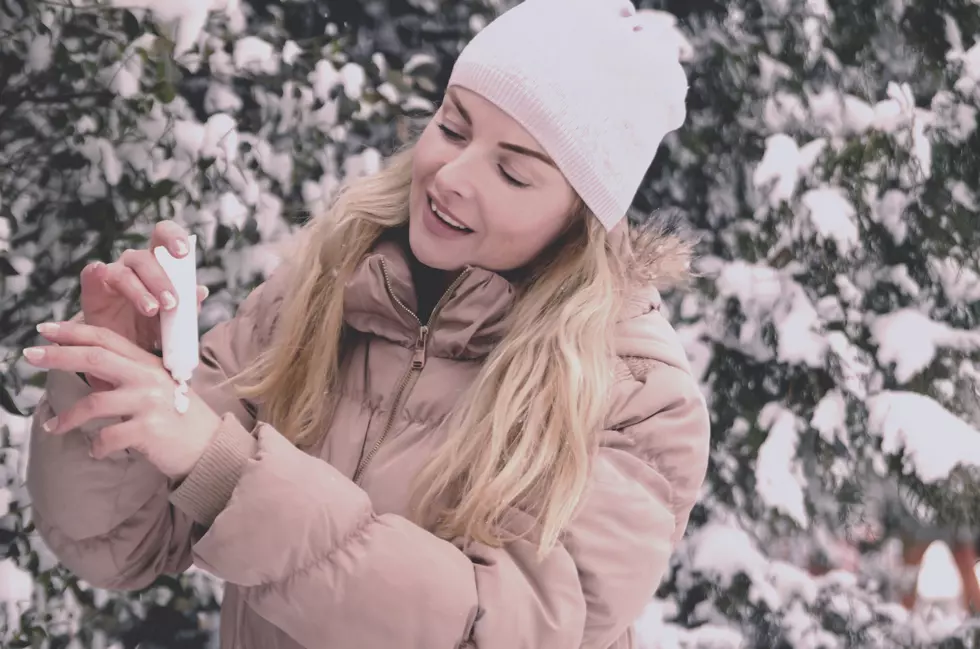
Dry, Itchy Skin? Here’s How to Cope With Cooler Weather
For many, cooler weather means dry skin. As we replenish our lotion and moisturizer supplies, we reached out to Mohammad-Ali Yazdani Abyaneh, MD, who recently joined Slocum-Dickson Medical Group's dermatology department, for his expert advice on keeping skin healthy and moisturized well into 2020:
1) How does the change of temperature in the fall affect your skin?
As we enter the fall and winter months, the colder air around us gets more dry. That's because cold air cannot hold as much moisture as warm air. Interestingly, the air feels drier indoors too. As we heat up our homes, we increase the amount of moisture the air can hold, while the actual moisture level remains the same. As a result, the relative humidity in our homes decreases and water tends to evaporate from our skin and mucous membranes to make up for it.
All of this means that whether you're spending time outdoors or indoors, the fall and winter months leave our skin dry and itchy and in need of regimens to keep its moisture intact.
2) Are there skin conditions that worsen in the colder weather?
The skin's ability to act as a barrier that retains moisture is diminished as we age. This is also true in patients with conditions like eczema where the skin's barrier function is impaired. The added dryness of cold air can be particularly problematic in these settings.
There are other medical conditions that may worsen in the cold too. Some people have a tendency to develop white, blue, and red discoloration of the fingers in response to cold exposure, a finding referred to as Raynaud's phenomenon. Raynaud's may be painful, may be associated with ulceration of the fingers, and may sometimes be a marker of underlying diseases such as scleroderma.
Chilblains, or perniosis, describes another condition where painful or itchy red-purple spots may develop on the hands and feet in the cold. Chilblains may be associated with underlying diseases like lupus.
Some medical conditions, in which the blood contains antibodies that clump together in colder body areas (such as the hands, feet, ears, and nose) may manifest in cold weather too with a bluish and purple discoloration in these areas (called acrocyanosis).
3) Are there precautions people with skin conditions should take in the fall and winter?
A few simple tips can go a long way to minimize skin dryness and add moisture to your skin. When in the shower or bath, limit the time to no more than 10 minutes and use lukewarm water. Do not use harsh fabrics to wash your body. Use an unscented gentle cleanser for washing. Afterwards, gently pat the skin dry and apply a moisturizer to your entire skin within minutes to retain the moisture on your skin. Healing ointments can be very helpful for the dryness of chapped lips. As you dress, bear in mind cotton tends to be less irritating to the skin than fabrics like wool. A humidifier in the home can help add moisture to the air inside your home too.
Don't forget that even in the fall and winter, even on cloudy or rainy days, even through windows at home or while driving, we still get plenty of sun exposure and it's still crucial to wear sunscreen. If you plan on winter sports like skiing remember that your higher altitude on the slopes and the reflection of sunlight by snow increase your risk of getting even more sun. A broad spectrum SPF 30 or higher water resistant sunscreen can help protect your skin.
4) What symptoms should prompt you to schedule an appointment with a dermatologist?
If your skin continues to feel dry and itchy despite following the above tips, if you have patches of red scaly skin, if you have untreated eczema or are experiencing a flare of your eczema, then visiting a board-certified dermatologist may be very helpful.
It's also important to seek medical attention if you have symptoms that may be consistent with Raynaud's phenomenon, chilblains, or acrocyanosis for a definitive diagnosis, treatment counseling, and to rule out possible underlying medical conditions.
Dr. Yazdani specializes in general dermatology and provides treatment for a variety of skin conditions including: skin cancer, moles, rashes, psoriasis, eczema, dermatitis, acne, rosacea, warts, cysts, infections, hair loss, autoimmune skin disorders, and wrinkles. Dr. Yazdani welcomes patients of all ages to his practice.
Dr. Yazdani’s approach to medicine is “to be comprehensive and compassionate in caring for all of my patients and their families.” He added, “I strongly believe in explaining everything to patients with clarity, making sure they understand their condition and all of its treatment options, and ensure they are a part of any decision that affects their health and well-being.”
To schedule an appointment, please call Dr. Yazdani’s office at (315) 798-1832.



